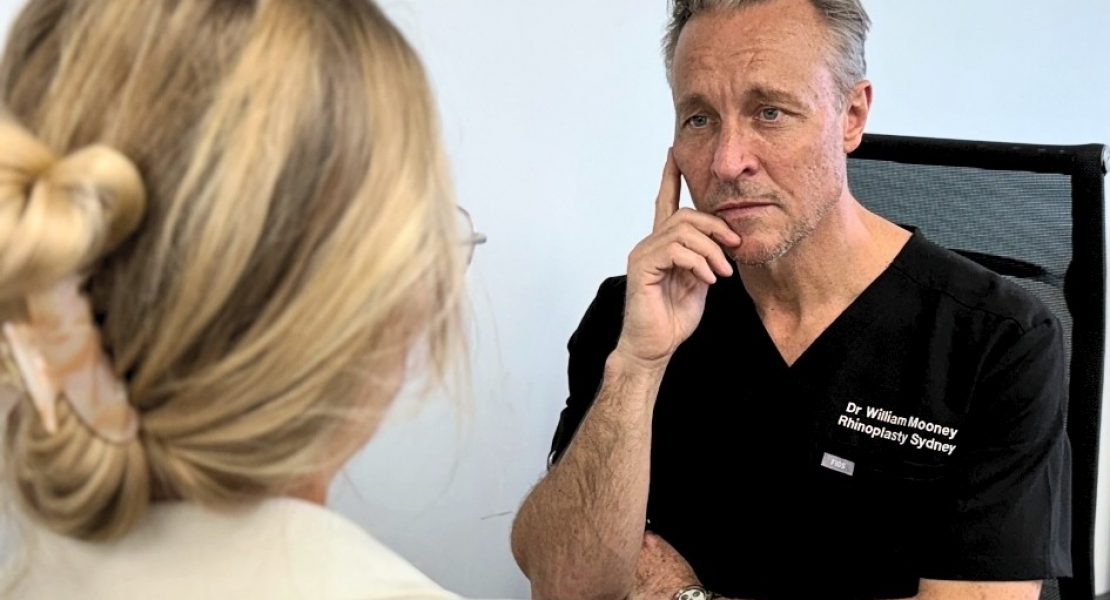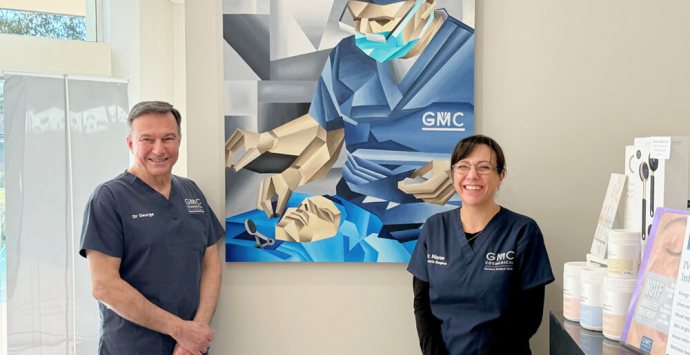
When most people think about cosmetic or reconstructive surgery, they picture beauty enhancements or anti-ageing fixes. But for many survivors of domestic violence, surgery is not about looking better. It’s about healing, restoring dignity, and finding hope again.
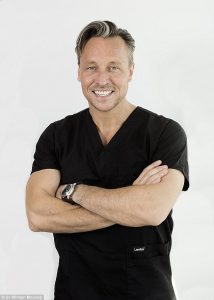
In Australia, one surgeon is using his skills to offer more than cosmetic improvements. Dr William Mooney, a leading Ear, Nose and Throat (ENT) and facial reconstructive surgeon, is quietly transforming lives. From 2015 to 2022, he worked with Bankstown Police to create a unique initiative. Together, they launched a Domestic Violence Facial Trauma Clinic. This clinic offered free reconstructive surgery and emotional support to victims of abuse.
The Lingering Scars of Abuse: Why Facial Trauma Surgery Matters
Every year, thousands of Australians experience domestic violence. While the emotional toll is devastating, many survivors are also left with physical injuries. Facial trauma, broken bones, and scars can serve as constant reminders of what they’ve endured. These visible wounds often make recovery even harder.
Dr Mooney began noticing a pattern. Patients would come in with nasal fractures or facial asymmetry. Many had old injuries that were never properly treated. Some were hesitant to explain what had happened. Over time, a clear link emerged. Many of these patients were survivors of domestic abuse.
These weren’t just isolated medical cases, explains Dr Mooney. These were survivors carrying deep physical and emotional scars. They needed more than a procedure. They needed someone to listen and help them rebuild.
How Domestic Violence Facial Trauma Surgery Became a Lifeline

In response, Dr Mooney partnered with Bankstown Police to create the Domestic Violence Facial Trauma Clinic in 2015. It was the first of its kind in Australia. More than just a medical centre, it offered a safe and confidential place where survivors could receive help without fear or shame.
Patients were referred by police officers, caseworkers, or social support services. Once referred, they received private consultations, complete medical assessments, and customised treatment plans. Every step was designed with empathy.
Importantly, the clinic also connected patients with psychological support. Survivors could begin their emotional healing while also addressing their physical injuries.
You can’t truly repair someone’s face without considering what they’ve been through emotionally. Surgery was just one part of the process, Dr Mooney explains.
Through his leadership, the trauma clinic became a beacon for ethical and compassionate domestic violence facial trauma surgery.
Restoring Confidence Through Trauma Surgery
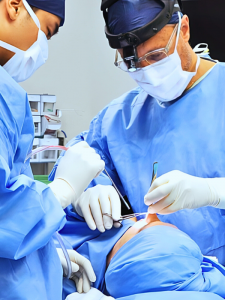
One survivor’s experience captures the true impact of this work. After years of abuse, she came to the clinic withdrawn and ashamed. Her nose had been broken multiple times, leaving her disfigured and struggling to breathe.
For many survivors, domestic violence facial trauma surgery provided more than healing, it offered a fresh start.
Through the trauma clinic, she underwent reconstructive rhinoplasty and began psychological counselling. For her, the surgery wasn’t about changing how she looked, it was about reclaiming her sense of self.
For the first time in years, I could look in the mirror without seeing what he did to me. I saw myself again.
These moments, according to Dr Mooney, are what truly define the work. “It’s not about perfection or beauty standards. It’s about dignity. About helping people feel human again.”
The Role of a Compassionate Surgeon
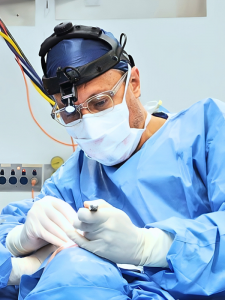 Dr Mooney’s work in domestic violence facial trauma surgery is one of the few examples in Australia where reconstructive expertise meets social justice. In the media, plastic surgery is often linked to vanity. But for Dr Mooney, it’s about helping people rebuild their lives.
Dr Mooney’s work in domestic violence facial trauma surgery is one of the few examples in Australia where reconstructive expertise meets social justice. In the media, plastic surgery is often linked to vanity. But for Dr Mooney, it’s about helping people rebuild their lives.
He believes in a “patient first” approach. There are no rushed decisions or sales driven consultations. Instead, he offers honest conversations and personalised care.
Thanks to his expertise in ENT and facial aesthetics, Dr Mooney treats both function and form. Many patients suffered from breathing issues or nerve damage, along with disfigurement. His ability to address both problems ensured that each patient received complete care.
Every consultation was handled with compassion and discretion. Survivors often arrived in emotionally fragile states. Dr Mooney and his team met them with empathy, patience, and professionalism.
A Quiet Advocate for Change
Although the trauma clinic ended its formal operations in 2022, Dr Mooney’s advocacy continues. He speaks out about the need for better support systems for survivors. He believes more surgeons should recognise how their skills can make a lasting impact.
We need to stop seeing cosmetic surgery as a luxury, he says. For many, it’s a vital part of recovery. Surgery can change lives. It can restore confidence, give someone their voice back, and return their sense of power.
Dr Mooney also encourages collaboration between police, medical professionals, and mental health providers. The clinic’s success proved that teamwork leads to better outcomes.
Breaking the Stigma Around Cosmetic and Trauma Surgery
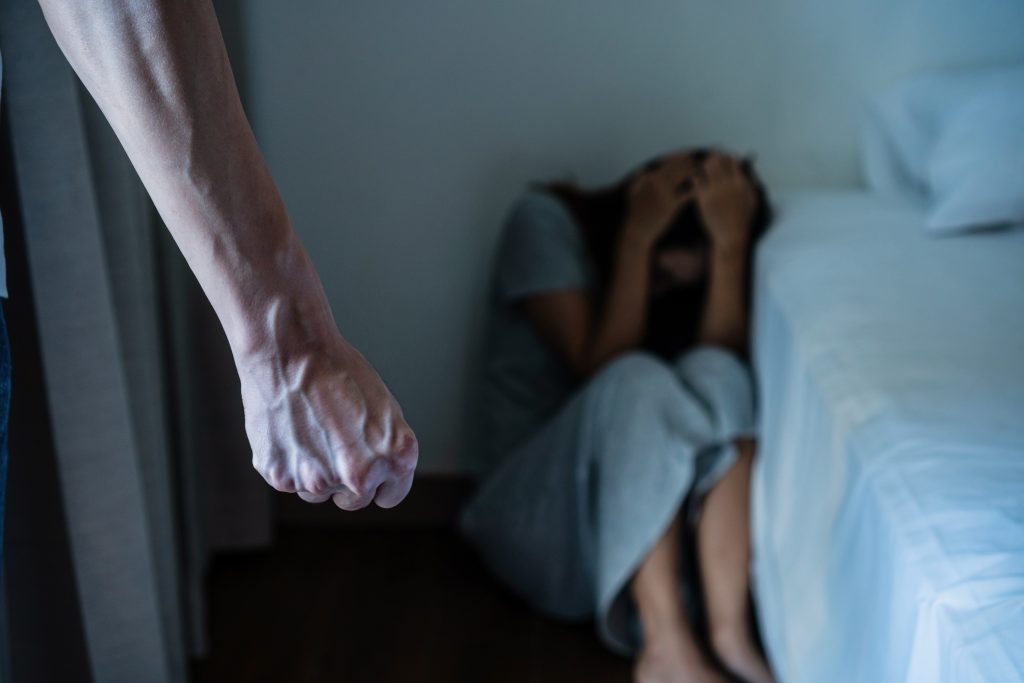
Domestic violence remains a serious issue in Australia. On average, one woman is killed every 10 days by a current or former partner. Yet, many survivors stay silent. Stigma, fear, and lack of support hold them back.
Cosmetic surgery carries its own stigma too. People often see it as superficial. But for someone with visible scars from abuse, it can be life changing.
Dr Mooney wants to change that perception.
Beauty in this context isn’t about perfection. It’s about restoring what trauma tried to take away confidence, identity, hope.
Today, Dr Mooney continues to work in private practice. He still offers reconstructive care for those affected by trauma. His new clinic remains committed to providing kind, expert care for those who need it most. He hopes to one day restart a dedicated trauma service like the one at Bankstown.
The trauma clinic may have closed, but its legacy lives on. It lives in the confidence of the women it helped. It lives in the model of care it pioneered. And it lives in the dedication of Dr Mooney and others who see beyond the surface.
For me, this will always be the most meaningful work I’ve done. Surgery that helps people feel human again, that’s the kind of medicine I believe in.
Dr Will Mooney’s work proves that healing goes beyond surface appearances. Through his skills, empathy, and vision, he has helped survivors of domestic violence rebuild their lives. His approach challenges the outdated view of cosmetic surgery and shows its power in restoring dignity.
By offering not just surgery, but also compassion, safety, and understanding, Dr Mooney sets a new standard for care. And in doing so, he reminds us that true transformation begins when someone is seen, heard, and believed.
If you, or someone you know needs domestic violence help, please visit 1800 Respect

















